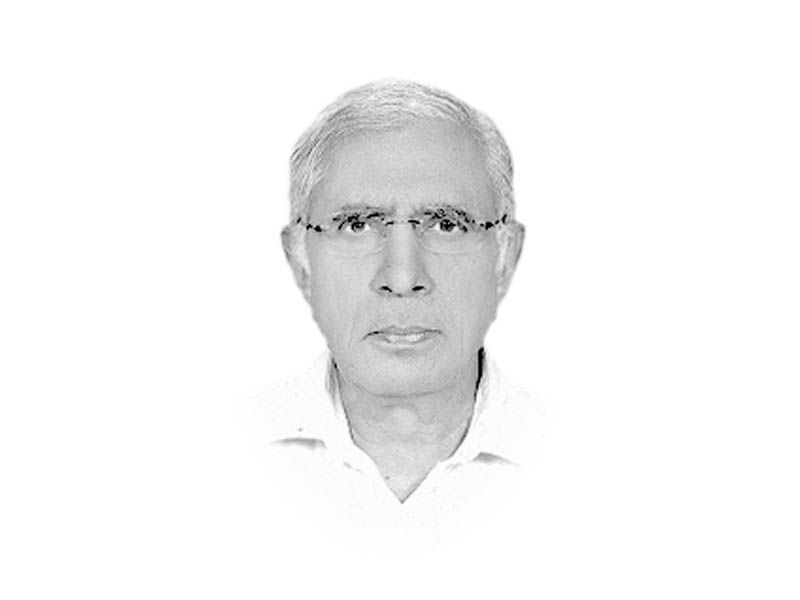
Though these four demands have actually been voiced by Bilawal Bhutto Zardari, it would be inadvisable to take them solely as the brainchild of the young chairperson of the Party. Not that the Oxford educated young man is not capable of or politically too green to have marshalled such demands on his own.
Perhaps Bilawal did play a significant role in the process that went into condensing a plethora of political points agitating the minds of Party leadership into these four demands. But one would perhaps go way off the mark in fathoming the political significance of these demands if one were to exclude the nearly 50-year old Party from at least the co-authorship of these demands.
In fact many of those who nurse a pathological disagreement with the politics of the PPP are already trivialising these demands and dismissing them as too undergraduate to be worth serious consideration. That would be too frivolous an approach and would only push the politics of the country once again on a collision course threatening the fledgling democratic process.
Of course, the last of the four demands does sound more like an undergraduate one. It would, however, be wise to look beyond the thin veneer of the demand to understand what the PPP is actually driving at.
It is the policy that matters, not the man who represents the actual holder of the portfolio. In the case of foreign policy, it is Prime Minister Nawaz Sharif who holds the portfolio. And representing him at the Foreign Office he has an advisor in the person of Sartaj Aziz, perhaps one of the most experienced administrators the country has and who enjoys the full confidence of not only the Prime Minister but also of the faceless authors and implementers of our foreign policy. And in Fatmi, the PM has a Foreign Office veteran as his Special Assistant.
No other ministry in the current cabinet has such a formidable team. Let us take a look at some of the important ministries in the cabinet like finance, interior and water and power. Each one of these portfolios is headed by a very powerful full-time minister, each one having more than adequate administrative experience. But look at their pathetic performance. Ishaq Dar, Chaudhry Nisar Ali Khan and Khawja Asif. All utter failures. So, one is not so sure how well the foreign ministry would have performed, if it had a full time minister like the ones we have in finance, interior and water and power.
It is actually the foreign policy that needs to be overhauled and liberated from its faceless authors and implementers. For too long our foreign policy has been dictated by the narrow interests of these people. They have never been held responsible for the failures of this policy but have always taken the ownership publicly of any contrived successes of these policies.
The third demand of the PPP that a multiparty resolution passed during the PPP government on China-Pakistan Economic Corridor (CPEC) be implemented, is in fact a very sensible demand as it strives to bestow national ownership to CPEC which is what is sorely needed urgently considering the related divisive voices that have the makings of erupting into unnecessary controversies rendering a national game changer into another Kalabagh even before it is seen to have taken off.
The process of endorsing the second demand seems to have already begun with the upper house of Parliament passing the other day the Panama papers Inquiries Bill 2016. Hopefully the lower house would honour the decision of the upper house by passing the Bill in question as well.
The first of the four demands that a parliamentary committee on national security be formed is directly related to the last demand as a body formed on these lines in November 2008 had for example performed well as a guide to foreign policy formulation. Therefore, there is no reason why such a body cannot or should not be revived.
Published in The Express Tribune, December 17th, 2016.
Like Opinion & Editorial on Facebook, follow @ETOpEd on Twitter to receive all updates on all our daily pieces.
1719315628-0/BeFunky-collage-(8)1719315628-0-405x300.webp)


1731329418-0/BeFunky-collage-(39)1731329418-0-165x106.webp)








COMMENTS
Comments are moderated and generally will be posted if they are on-topic and not abusive.
For more information, please see our Comments FAQ